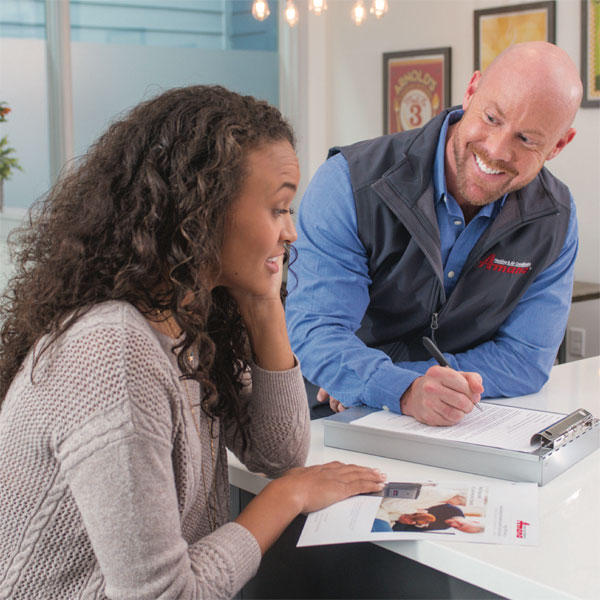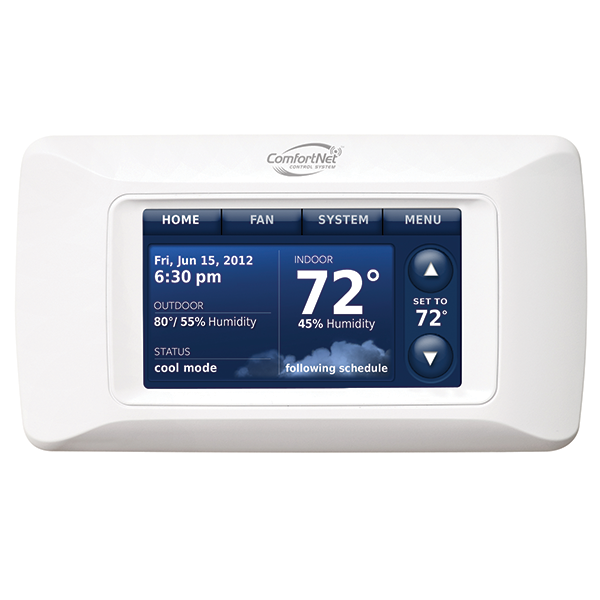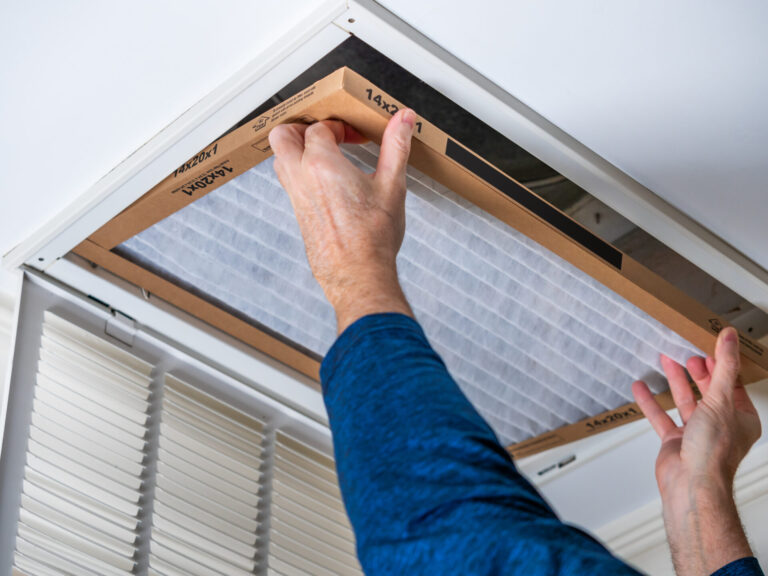Should You Replace or Repair Your HVAC System Before Selling? Making the Smart Financial Decision
Home Selling Strategy: Maximizing ROI on Pre-Sale HVAC Investments
At Crow’s Heat & Air, we’ve guided hundreds of North Texas homeowners through the complex decision of whether to repair or replace their HVAC systems before listing their homes. With over two decades of experience serving the Dallas-Fort Worth metroplex, our certified technicians understand both the technical and financial considerations that go into this important pre-selling decision. We pride ourselves on providing honest, transparent advice that truly serves your best interests – even when that means recommending against an expensive replacement. Our goal isn’t to sell you the most expensive option, but rather to help you make the smartest financial decision for your specific situation. We carefully analyze your current system’s condition, your local real estate market, and the potential return on investment to provide guidance that maximizes your home’s value while minimizing unnecessary expenses.

Evaluating Your Current HVAC System: Is Replacement Really Necessary?
Before making any decisions about replacing your HVAC system, it’s essential to understand its current condition and how it might affect your home sale. Several key factors should influence your decision:
Age and Expected Lifespan
Most HVAC systems last between 15-20 years with proper maintenance. If your system is approaching or has exceeded this range, a replacement might make more sense than investing in repairs for a unit with limited remaining life. However, age alone isn’t always a determining factor – many well-maintained systems continue to function efficiently well beyond their expected lifespan.
Current Performance and Efficiency
Is your system keeping your home comfortable? Are there uneven temperatures throughout the house? Have your energy bills been increasing? An inefficient system that struggles to maintain comfortable temperatures will likely be a red flag for potential buyers and home inspectors.
Repair History and Costs
A system that requires frequent, expensive repairs indicates declining reliability. If you’ve invested significantly in repairs over the past few years, this pattern will likely continue and could become a negotiation point for buyers who recognize the signs of a failing system.
In North Texas, where summer temperatures regularly exceed 100°F, a properly functioning cooling system isn’t just a luxury – it’s considered essential. A home with cooling issues during showings will make a poor impression, regardless of other attractive features.
The Financial Equation: When Replacement Makes Sense
While replacing an HVAC system before selling represents a significant investment, certain scenarios can make it financially advantageous:
When the ROI Justifies the Cost
According to real estate experts, new HVAC systems typically recover about 85% of their cost in home value, with energy-efficient models potentially adding 5-7% to a home’s selling price. This makes HVAC replacement one of the better pre-sale investments compared to many cosmetic renovations.
In Competitive Markets
In hot real estate markets where buyers can afford to be selective, an outdated HVAC system can be the deciding factor between multiple similar properties. For homes in desirable North Texas neighborhoods like Frisco or Plano, where buyers often have higher expectations, a new system can be the edge that secures a faster sale at a premium price.
When Addressing Known Deficiencies
If your current system uses obsolete refrigerant (like R-22), has visible damage, or makes concerning noises, these issues will almost certainly be flagged during a home inspection. Proactively addressing these problems prevents last-minute negotiations that often result in concessions exceeding the cost of pre-sale replacements.
However, total replacement isn’t always necessary. For systems in fair condition with specific issues, targeted repairs or component replacements (such as just the outdoor condensing unit) can offer a more cost-effective solution while still addressing buyer concerns.
Smart Alternatives to Complete Replacement
When full HVAC replacement doesn’t make financial sense, several strategic alternatives can improve your system’s marketability without breaking the bank:
Professional Tune-Up and Cleaning
A comprehensive service by certified technicians can improve efficiency, resolve minor issues, and demonstrate to buyers that the system has been properly maintained. We recommend scheduling this service before listing photos are taken to ensure your system looks its best.
Repair Critical Components
Rather than replacing the entire system, consider replacing only the components showing signs of wear. A new compressor or blower motor costs significantly less than a complete system while addressing the most common failure points.
Document Maintenance History
Providing detailed service records demonstrates responsible ownership and can reassure buyers about the condition of even older systems. This transparency builds trust and can mitigate concerns that might otherwise lead to lowball offers.
Making Your Decision: A North Texas Perspective
The North Texas climate places unique demands on HVAC systems. Our hot summers and occasional winter freezes mean buyers are particularly sensitive to heating and cooling concerns. Here are some region-specific considerations:
Seasonal Timing
If you’re selling during the peak summer months (June-August), when temperatures regularly exceed 100°F, having a fully functional cooling system is non-negotiable. Winter listings might place less emphasis on air conditioning but still require reliable heating.
Local Buyer Expectations
In higher-end neighborhoods, buyers typically expect updated systems and may factor replacement costs into their offers. In more affordable areas, functional but older systems are more commonly accepted, making pre-sale replacement less necessary.
Energy Efficiency Concerns
With Texas electricity rates continuing to rise, energy-efficient HVAC systems have become increasingly attractive to cost-conscious buyers. Systems with high SEER ratings can be a valuable selling point, particularly for larger homes where cooling costs represent a significant monthly expense.
Make the Right HVAC Decision Before Selling – Contact Crow’s Heat & Air Today!
Wondering whether to repair or replace your HVAC system before listing your home? Our experienced technicians can provide a comprehensive assessment and honest recommendation based on your specific situation and local market conditions.
Contact us to schedule your pre-listing HVAC evaluation.






